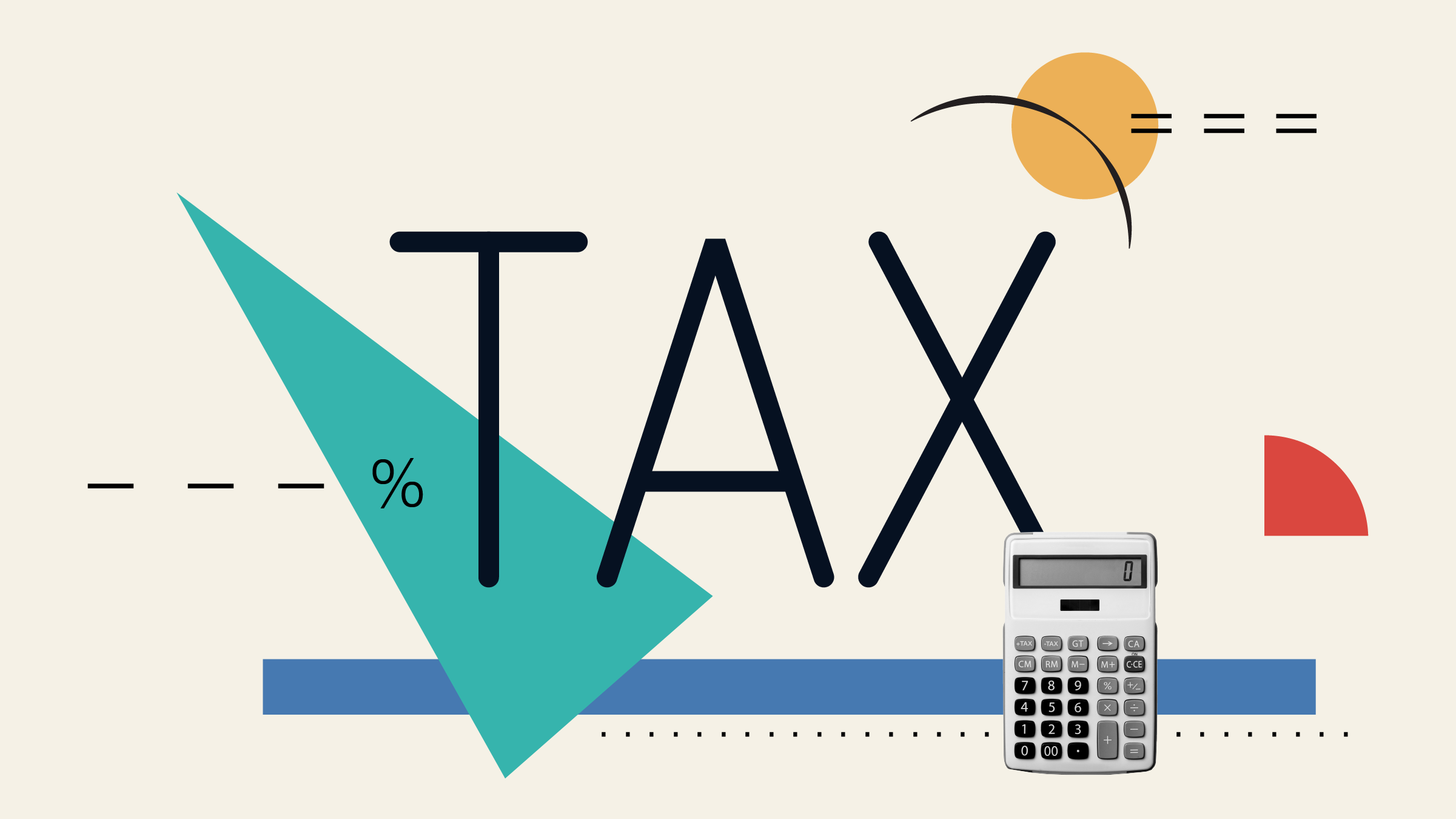JP Morgan has cut the cost of investing in two of its closed-end funds. JP Morgan Chinese (JMC) will drop its performance fee from September.
The JP Morgan Chinese fee was previously based on 15% of the outperformance of trust over the MSCI Golden Dragon Index, with a cap at 1% of assets. The annual charge will remain at 1% going forward. The board follows the example of several others over the past two years who have been steadily cutting performance fees in line with ne, cheaper clean-share classes on open-end funds. Last year, Fidelity and Schroders dropped performance charges on trusts.
Morningstar analysts have awarded a Bronze Rating to the Chinese trust, citing the strength of the management team and solid returns over the long term.
“Returns under Wang's 10 year tenure have been solid, albeit volatile at times, but that's to be expected somewhat given the fund's fairly narrow investment universe. While the fund tends to lose more in down markets, risk-adjusted returns have compensated for this in up markets. The use of gearing plays a role in this, but the team uses it well and it's rare to see it exceed 10%,” they said.
JP Morgan has also cut the fee on its Russian Securities (JRS) trust from 1.2% to 1% - with effect from November 1, 2014. Morningstar analysts rate the trust as Neutral, saying the fund has some of the right ingredients to make it a success and that think shareholders have started to benefit from the tighter risk controls. However, analysts called for more consistency before they could increase their rating.
British Assets Radical Portfolio Change
The board of British Assets (BSET) has written to shareholders this week to propose a radical change to the fund’s mandate. The trust is currently managed by F&C as a predominantly UK equity income fund, but proposals outline plans for a multi-asset trust run by BlackRock.
The trust currently can invest up to 20% outside of the UK, and Chairman Lynn Ruddick said that it was this quirk that prompted the board to take the radical decision to change British Assets management and mandate.
“We were hearing from shareholders that they wanted the diversity the global exposure could offer, but we were concerned that with a global equity portfolio the long-standing dividend growth would not be sustainable,” she said.
“We were approached by BlackRock who suggested that a multi-asset mandate would allow us to sustain and grow the dividend which is so important to our investors, and we are convinced this is the right approach for the future of the trust.”
The new trust will be invested in approximately 40% UK equity income stocks, with the remainder in global equities, fixed income and alternatives including commercial property, commodities and renewable energy. The BlackRock multi-asset team currently have £15 billion assets under management and the comparable BlackRock Dynamic Diversified Growth fund has returned an average of 5% a year for the past five years.
Ruddick accepts that the changes will not be to everyone’s tastes – as the trust’s name suggests many investors will have chosen BSET to represent the UK equity portion of their investment portfolio and these changes will upset the asset allocation balance. But Ruddick says that past performance has not been good enough to continue as is – and the discount reflects this.
“Performance has not been bad, but it has been the wrong side of the line for some time,” she said.
“We were finding it hard to excite new shareholders about the offering – and investment trusts need to innovate to stay attractive to investors. I accept that we will lose some shareholders with this change, but the backing of Axa, who own 15%, and the reaction of a number of other shareholders has so far been positive.”
A quarter of British Asset’s shareholders hold the trust through the F&C share plan, which may trigger capital gains tax in the event they choose to move their investment to an alternative UK equity F&C trust. British Assets will be part of BlackRock’s savings plan & NISA from Monday March 2. BlackRock advise that an in specie transfer to BlackRock savings plan/NISA or another provider will not trigger a CGT liability. A sale or switch of a savings plan holding may trigger a liability.
Shareholders have until the AGM on February 26 to cast their vote.
































